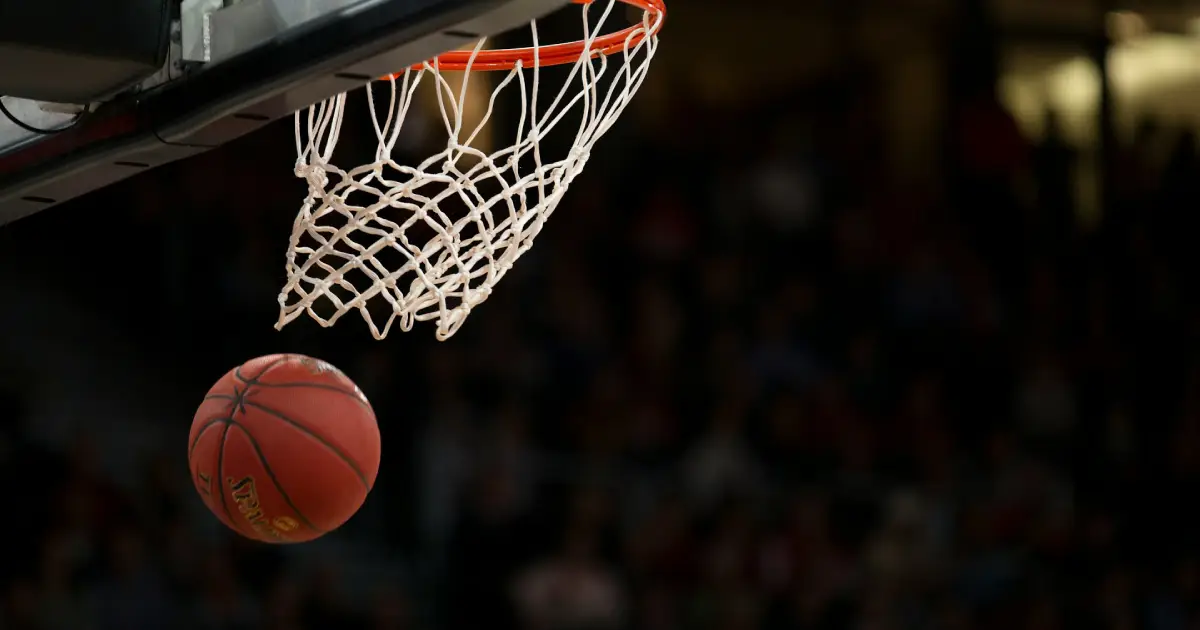Match-fixing: 6 British basketball pros banned
The world of British basketball has been rocked by a vast match-fixing scandal. Six former players in the British Basketball League (BBL), including five former members of Surrey Scorchers, have been sanctioned for serious offences relating to the manipulation of results and illegal sports betting.
The case, which came to light after a lengthy joint investigation by the British Basketball Federation (BBF), the International Basketball Federation (FIBA) and authorities from the gambling sector, highlights practices that are deeply contrary to sporting ethics. Penalties ranging from temporary suspensions to lifetime bans have been handed down.
Match-fixing: exemplary penalties
Quincy Taylor and Charleston Dobbs are the two central figures in this case. According to the BBF, these former Surrey Scorchers players actively manipulated the results of several matches during the 2022-2023 season. As well as fixing matches, they failed to report corrupt approaches, which is a major breach of FIBA and BBF regulations.
The consequences are severe: a lifetime ban from all British competitions, financial fines and inclusion on international blacklists. The international federation has confirmed that these sanctions will be extended worldwide.
Padiet Wang, Joshua McFolley and Shakem Johnston, who were also involved in similar activities, also received lengthy suspensions, some for life, imposed by FIBA. These decisions mark a clear determination to curb all forms of corruption in professional basketball.
Increased surveillance of sports betting
The case is not limited to match-fixing. Dean Wanliss, another former player, has been sanctioned for betting illegally on basketball matches between 2019 and 2021. Although he has not been charged with direct manipulation, his behaviour goes against the code of conduct imposed on professional players.
The BBF has suspended him for three years and fined him. The decision was welcomed by FIBA, the Spanish Basketball Federation (FEB), where Wanliss also played, and the IOC’s Surveillance Unit.
An international investigation
This scandal, with cross-border ramifications, was made public after months of coordinated investigations. The UK Gambling Commission, via its Sports Betting Intelligence Unit, played a central role by sharing its analyses of betting anomalies detected in at least six matches.
The case demonstrates exemplary cooperation between national and international bodies: the BBF, FIBA, FEB and the gambling regulatory bodies all joined forces.
‘This case underscores the commitment of FIBA, the BBF, the Gambling Commission and other stakeholders to maintaining integrity in sport and enforcing a zero-tolerance policy toward betting-related corruption,’ said an official involved in the investigation.
What lessons for British sport?
This scandal raises many questions. How could such serious manipulation have gone unnoticed until now? What is the role of clubs in preventing such behaviour? Are the warning and training systems sufficient?
At a time when professional sport is becoming increasingly dependent on financial flows from sponsors and sports betting, this affair is a stark reminder that the integrity of competitions must not be compromised.
This match-fixing scandal in British basketball is one of the most serious ever to come to light in the country. The exemplary sanctions are intended to send a clear message: cheating has no place in sport.


